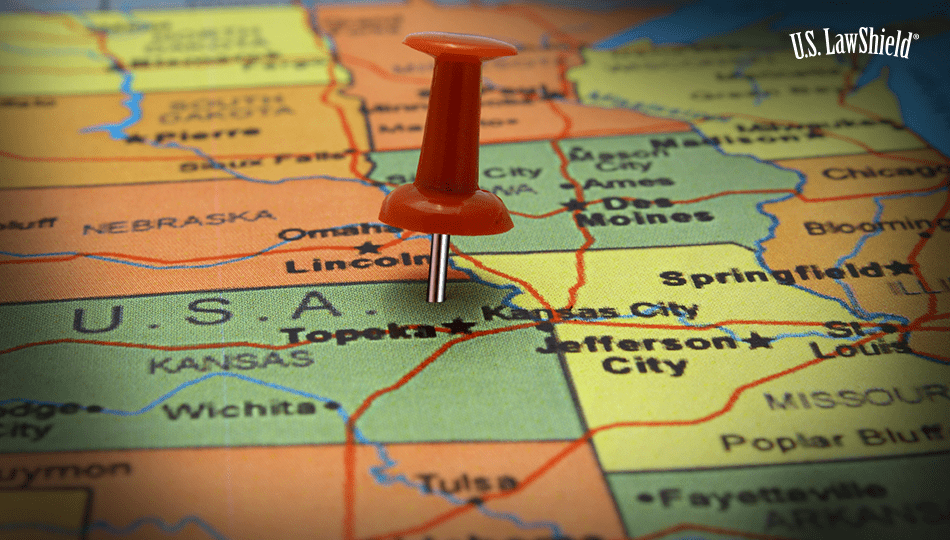
Every state now recognizes the right to carry a handgun for self-defense. This doesn’t mean that every state has the same rules and regulations regarding the requirements that must be met to go armed in public. Two vital considerations when exercising this right are reciprocity and permitless carry laws.
Reciprocity refers to the recognition of concealed handgun permits among various states. Permitless carry, on the other hand, refers to the legal carrying of a handgun, either openly or concealed, without the need for a state government-issued permit. The dynamics between concealed handgun permits, reciprocity and permitless carry can be very confusing.
State reciprocity models
There isn’t a set model for how states handle concealed handgun permit reciprocity. Some states recognize all out-of-state concealed carry permits, some only recognize those from certain states, while others don’t recognize any out-of-state permits at all.
- Universal recognition states: States that utilize the universal recognition model honor every other state’s concealed carry permit.
- Selective recognition states: Selective recognition states enter into formal agreements with other states before honoring out-of-state concealed handgun permits. Often these states will require that the out-of-state permit they’re honoring has a similar training requirement to their own concealed handgun permit.
- No-recognition states: These states don’t recognize any out-of-state concealed handgun permit. In addition, these states can oftentimes have the strictest requirements for obtaining a concealed handgun permit altogether.
What about permitless carry?
Permitless carry is another significant aspect of firearm laws in the United States. With Florida’s recent adoption of permitless carry, more than half of the country now has some form of permitless carry. There’s no universal model for permitless carry however, which can lead to confusion for residents and visitors to the states that have enacted it.
Laws allowing permitless carry only apply within the states that enact the law. While some states that have adopted permitless carry allow visitors who qualify to carry a concealed handgun, other permitless carry states don’t. This means that a person carrying a concealed handgun in a permitless carry state can’t assume that their right to carry will be recognized if they cross into a different state. This further emphasizes the importance of understanding the concept of reciprocity and being certain of the laws in the jurisdiction where you find yourself.
Interstate travel
If you find yourself frequently traveling across state lines, it’s important to remember that you have to know the carry laws of the states you’re travelling through in addition to the carry laws of your final destination. If you’re not sure what the laws are along your route, it’s better to be safe than sorry. Follow the federal firearm transport laws to give yourself the best chance of avoiding trouble. Remember that while federal law allows for the transport of firearms across state lines, the firearm must be unloaded, and neither the firearm nor any ammunition being transported can be readily accessible from the passenger compartment of the vehicle.
Use your membership benefits
Given the complex nature of concealed carry permit reciprocity and permitless carry laws,
U.S. LawShield® members are encouraged to take advantage of the helpline included with their membership. Independent Program Attorneys are available to provide comprehensive answers about current permit reciprocity laws and other legal issues related to firearms.
Understanding the intricate landscape of concealed handgun permit reciprocity and permitless carry can be challenging, but knowing the basics is a significant first step. By staying informed about the regulations in your home state and any state you plan to visit, you can ensure that you're lawfully and responsibly exercising your rights no matter where you are.
The information provided in this publication is intended to provide general information to individuals and is not legal advice. The information included in this publication may not be quoted or referred to in any other publication without the prior written consent of U.S. LawShield, to be given or withheld at our discretion. The information is not a substitute for, and does not replace the advice or representation of a licensed attorney. We strive to ensure the information included in this publication is accurate and current, however, no claim is made to the accuracy of the information and we are not responsible for any consequences that may result from the use of information in this publication. The use of this publication does not create an attorney-client relationship between U.S. LawShield, any independent program attorney, and any individual.




